Last Updated on November 22, 2024 by abinash
Key Takeaways
- Site Analysis is Essential: Conduct a thorough evaluation of your property to assess assets, liabilities, drainage, and privacy considerations. This ensures your deck design complements the existing landscape.
- Custom Design for Lifestyle Needs: Tailor your deck’s design to suit your lifestyle, whether it’s for hosting parties, relaxing in solitude, or creating a safe space for kids.
- Incorporate High-Quality Materials: Use durable and aesthetically pleasing materials, such as custom metal railings and privacy screens, to enhance safety and elevate the deck’s overall look.
- Plan for Future Access: Keep utility lines and easements in mind during the design process to avoid issues with maintenance or construction down the line.
- Optimize Functionality and Aesthetics: Include features like built-in furnishings, optimal traffic flow, and landscaping elements to maximize usability while creating a visually stunning outdoor space.
Deck Plans & Deck Designs
Designing the ideal deck for your property is an exciting and rewarding venture. A well-crafted deck enhances your outdoor living space, providing a place to relax, entertain, and enjoy the beauty of nature. In this comprehensive guide, we will explore various decks plans and porch decks designs to help you create a stunning outdoor oasis that perfectly complements your lifestyle. From initial site analysis to the final touches, we’ll cover everything you need to know to build the deck of your dreams.
How to Build a Deck: Design and Layout
Creating a dream deck that meets your needs and suits your property requires careful planning and thoughtful design. Using the latest deck design tool, you can easily visualize and customize your dream outdoor space, tailoring every detail to perfection. In this section, we will walk you through the essential steps of designing and laying out your custom deck.
Site Analysis: Understanding Your Decking Project
Before diving into the exciting world of free deck plans and designs, conducting a thorough site analysis is essential. A base map provides you with a clear picture of your property’s outline and contents, while a site analysis takes it one step further, allowing you to view the components of your yard as though you were in a helicopter. This analysis will help you evaluate the relationships between different landscape elements and identify the assets that align well with your lifestyle and the liabilities that need improvement.
Evaluating Assets and Liabilities
Take your sketch (not the base map) out to your yard and step back to assess its assets and liabilities. Ask yourself the following questions:
- What elements work well with the existing landscape?
- What aspects of the yard do I want to change or enhance?
- Is the route to the proposed deck site pleasant and inviting?
- Is the deck site easily accessible, or will I have to take a circuitous route to reach it?
- Is the best part of the yard visible from the seating on the proposed deck space?
- Does the site provide enough privacy for you to feel comfortable when you relax?
Go through the checklist item by item and make judgments about how each of these features will either enhance or detract from your comfort and convenience.
Concerns and Considerations
As you evaluate your yard and potential deck site, make notes about your observations on your landscape sketch. Pay particular attention to the following concerns:
- Quiet and Privacy: Consider how the distance from your proposed deck to streets, alleys, and sidewalks may impact your need for quiet and privacy.
- Evening Use: Assess whether streetlights and light from neighboring properties might encroach upon your use of the custom deck in the evening.
- Views: Determine which views you want to preserve and which ones you want to block for optimal aesthetics and privacy.
- Noise Levels: Take note of nearby sources of noise that could affect your deck experience both during the day and at night.
- Drainage: Identify any drainage problems in your yard that need to be addressed to avoid water-related issues on your deck.
- Tree and Bush Overhang: Evaluate whether neighbors’ trees or bushes overhang or shade your yard, as this can influence your deck’s layout and design.
Recent Works
Utility Lines and Easements: Safety and Future Access
When building a DIY deck, considering utilities is of utmost importance. Verify with the local building inspector the locations of their gas, water, sewer, electrical, or communication lines to avoid any complications during construction. Additionally, ensure that your deck design allows for future access to utility lines, as easements by utility companies or a local contractor apply even if you don’t receive their services. Note all easements on your base map or site analysis to remain aware of their locations.
Checklist for Deck Site Analysis
Effective deck planning involves more than just drawing a deck plan and erecting a wood structure. To create a successful deck design, it’s essential to take into account various details of the total environment. While sketching your deck plans, use the following checklist as a guide to ensure you cover all essential elements:
- Structures and Dimensions: Measure and note the dimensions of your house, garage, and any other permanent buildings on your property, as they will influence the layout and design of your deck. Pay attention to roof overhangs, walls and fences, these will affect the amount of space and sunlight reaching the deck.
- Built-in Furnishings and Appliances: Think about what functional items you would like to place on the new deck. This could be a grill, table and chairs, patio furniture, hot tubs, and so on.
- Paved Surfaces and Pathways: Plan your deck paving, walkways, pathways, steps and curbs. The deck should have a variety of decorative elements that also contribute to a safe environment. For example, glass or metal railings, stairs, privacy screens.
- Optimizing Traffic Flow: Consider the location of doors and windows to achieve completely free movement of you and your guests around the new deck.
- Managing Drainage: Identify spouts, gutters, current runoff areas, and patterns to ensure proper water management and prevent water accumulation on the deck.
- Incorporating Greenery: Landscaping should be provided to give the deck a natural aesthetic. Consider planting trees, shrubs, ground cover plants, ground level flower beds, raised beds, vegetable or herb gardens.
- Adding Water and Rock Features: Enhance the ambiance of your deck with elements like erosion control, natural ponds, streams, constructed pools, fountains, and boulders or rock outcroppings.
- Accounting for Climate and Microclimate: Consider prevailing winds, precipitation, sun exposure, shade, and heating and cooling factors to design a deck that caters to various weather conditions.
Top Deck Building Plans for Your Lifestyle
Different lifestyles require different deck design plans. Whether you enjoy outdoor gatherings, want a quiet retreat, or need a play area for the kids, you need to design your deck with your specific needs in mind. With the help of a free tool for deck plan with 3D rendering, you can easily bring your vision to life and create the perfect outdoor space that reflects your lifestyle and preferences. You can also use free plans that will show you the approximate estimated costs and material lists.
The Big Party and Pool Decks
Create the ultimate party deck with a focus on ample seating, a dedicated grilling area, and outdoor lighting for those late-night celebrations.
Deck for Rest in Solitude
Design a serene retreat where you can unwind and reconnect with nature. Integrate comfortable seating, calming elements, and lush greenery to create your personal oasis.
Safe Deck for Vacation with Children
Craft a family-friendly deck with safety features, designated play areas, and durable building materials to ensure that your children can play freely and safely.
Deck Layout and Elevation Drawing
Learn how to create a deck layout that optimizes space and traffic flow. Utilize elevation drawings to visualize different levels and dimensions of your deck, ensuring a harmonious design.
Incorporating Art Metal Products
The final step in transforming or building a deck is the extra details. Decorate your deck and make it safe with high quality Art Metal products. Exquisite railings and sturdy stairs will not only add luxury and daintiness, but will also keep everyone in the home safe from accidental falls. And privacy screens will help to provide privacy from prying eyes and create a unique, cozy place just for family members.
Conclusion
The site survey and checklist in this guide will help you design a deck according to your tastes and the characteristics of your site. Be sure to carefully consider all the details on the site, such as structures, fences, drainage, and trees.
So take advantage of the opportunities, be a creative deck designer and get to work on creating the perfect outdoor nook. With the right ideas, design and Art Metal products, your deck will be transformed into the perfect place for boisterous parties or family gatherings. Make your outside area a place of enjoyment, entertainment and relaxation, and take advantage of your dream deck at every opportunity!
The author: Oleg Gorlov
FAQs
How do I determine the best location for my deck?
Last Updated on November 22, 2024 by abinash
Start with a site analysis to evaluate factors like sunlight, drainage, privacy, and accessibility. This will help you choose the most functional and appealing spot.
What materials are best for deck railings?
Last Updated on November 22, 2024 by abinash
Metal railings, such as aluminum or steel, are durable, low-maintenance, and stylish. Glass railings are great for modern aesthetics and unobstructed views.
Do I need a permit to build a deck?
Last Updated on November 22, 2024 by abinash
Yes, most municipalities require permits for deck construction. Check local building codes to ensure compliance with size, height, and safety regulations.
How can I ensure my deck is safe for children?
Last Updated on November 22, 2024 by abinash
Incorporate safety features like sturdy railings, non-slip materials, and enclosed designs. Avoid sharp edges and ensure gaps between railings meet safety standards.
Can I incorporate existing landscaping into my deck design?
Last Updated on November 22, 2024 by abinash
Absolutely! Work around trees, bushes, and natural features to integrate your deck seamlessly into the landscape while maintaining a cohesive aesthetic.
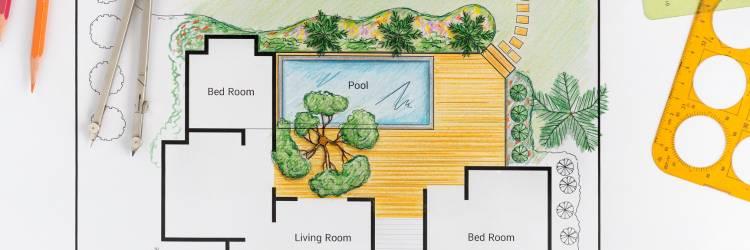
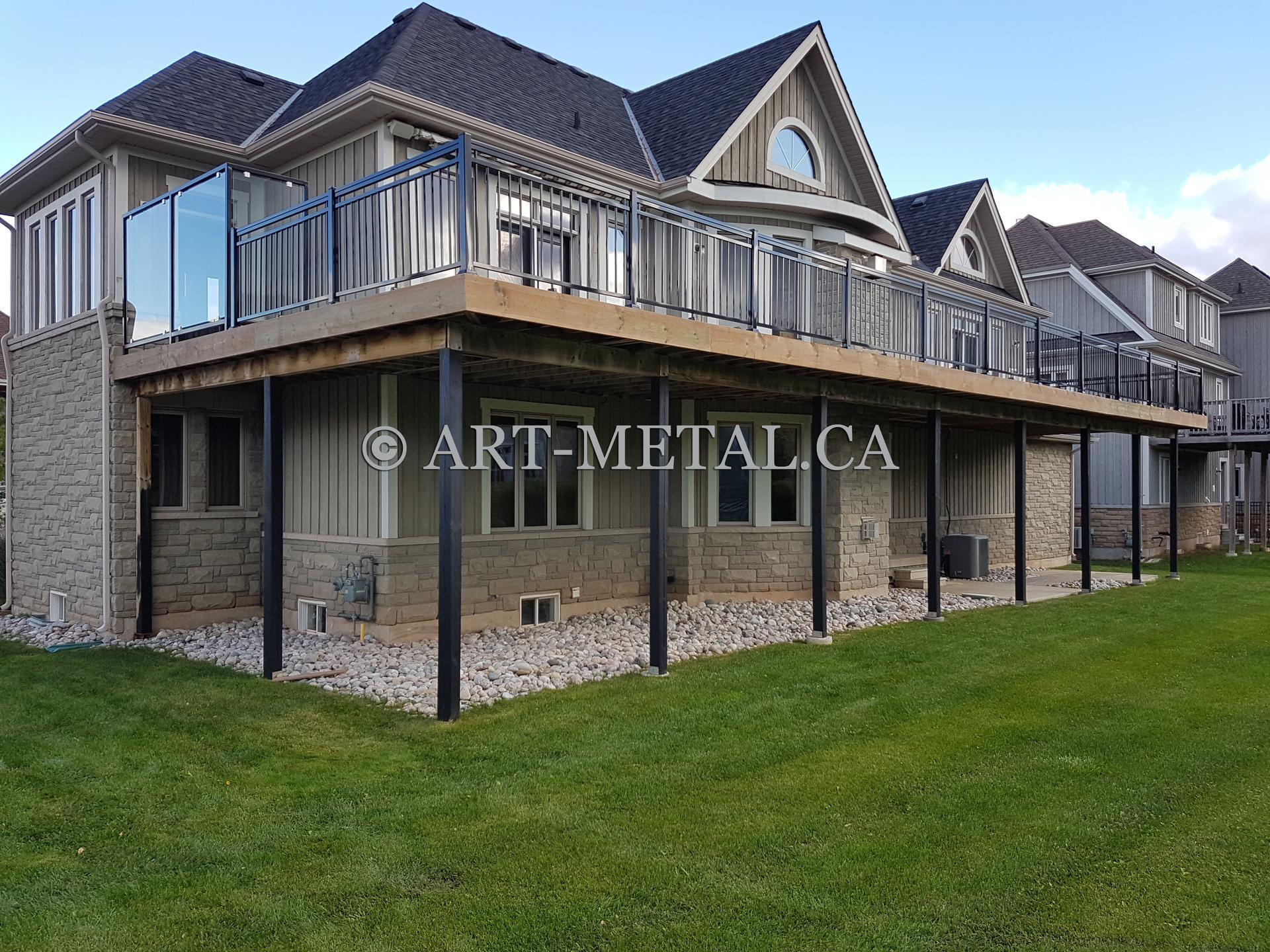
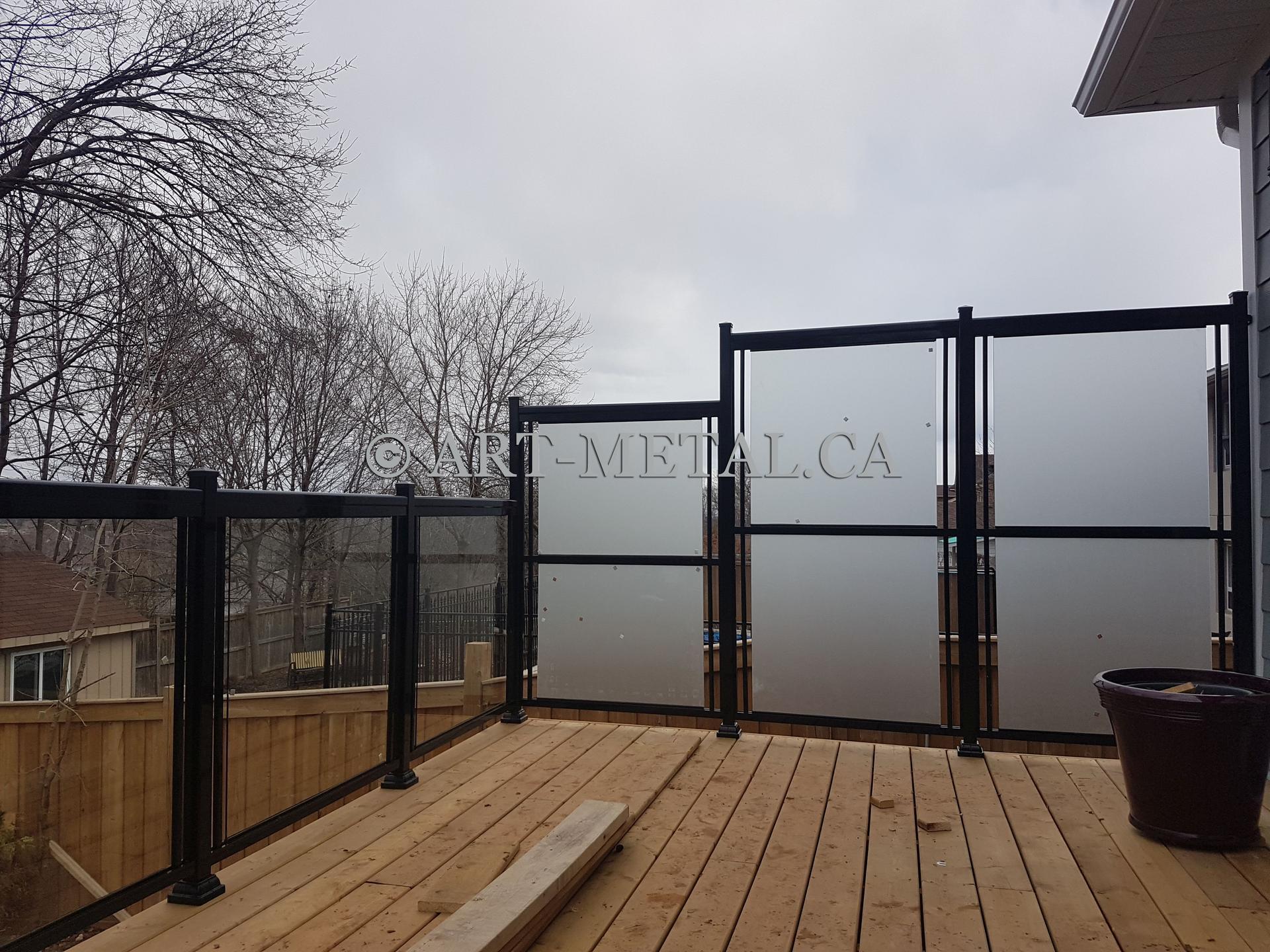
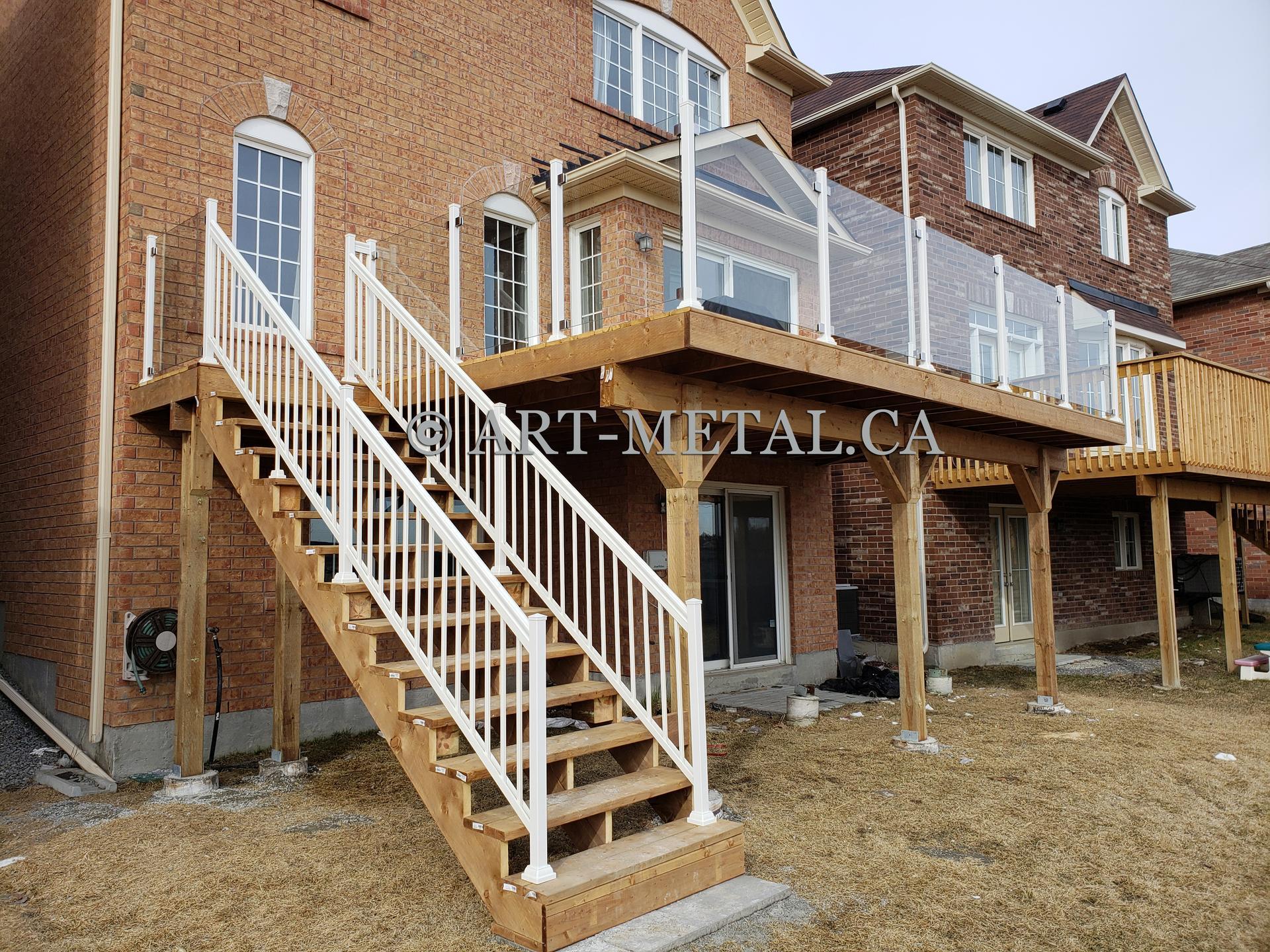
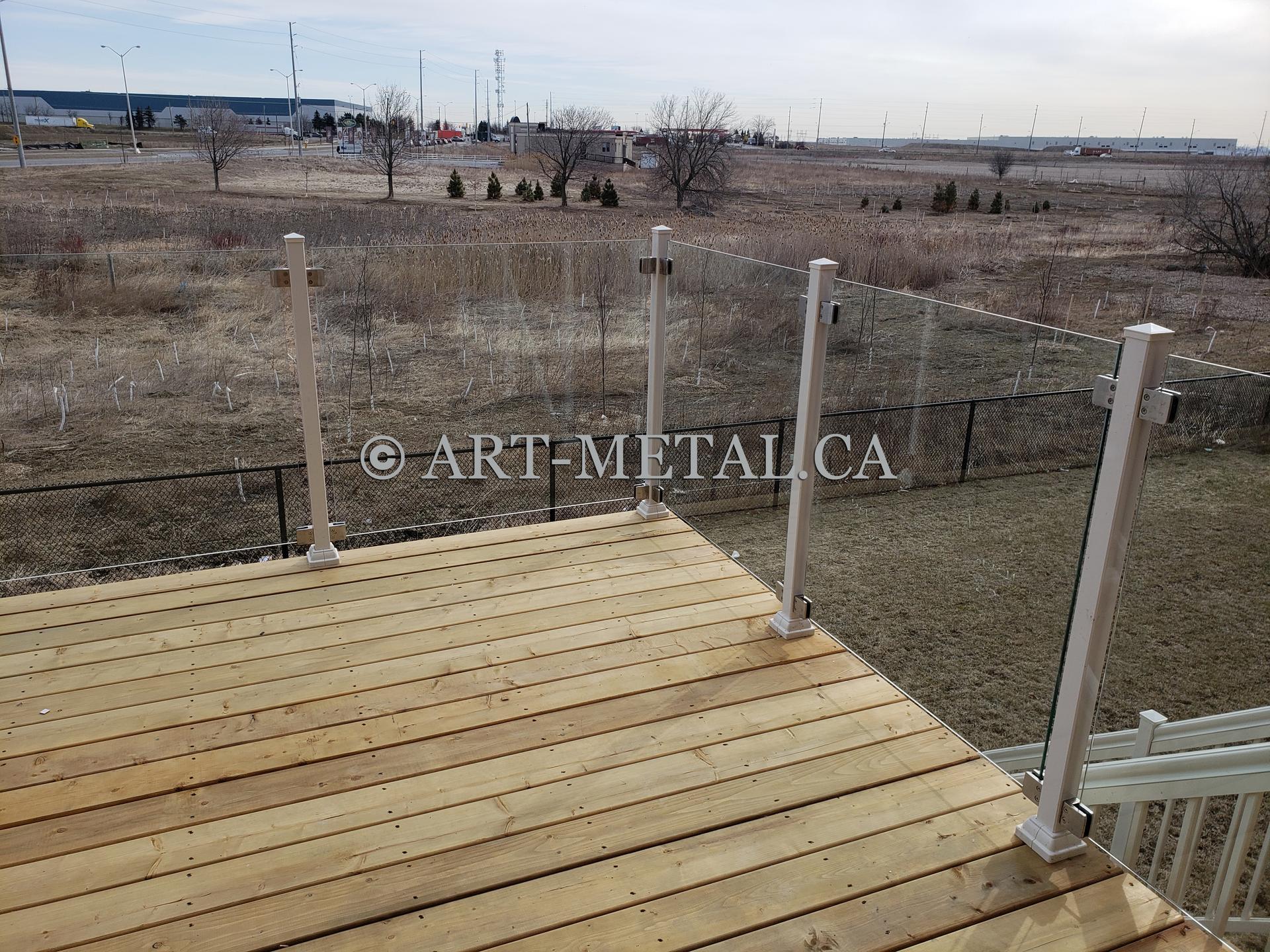
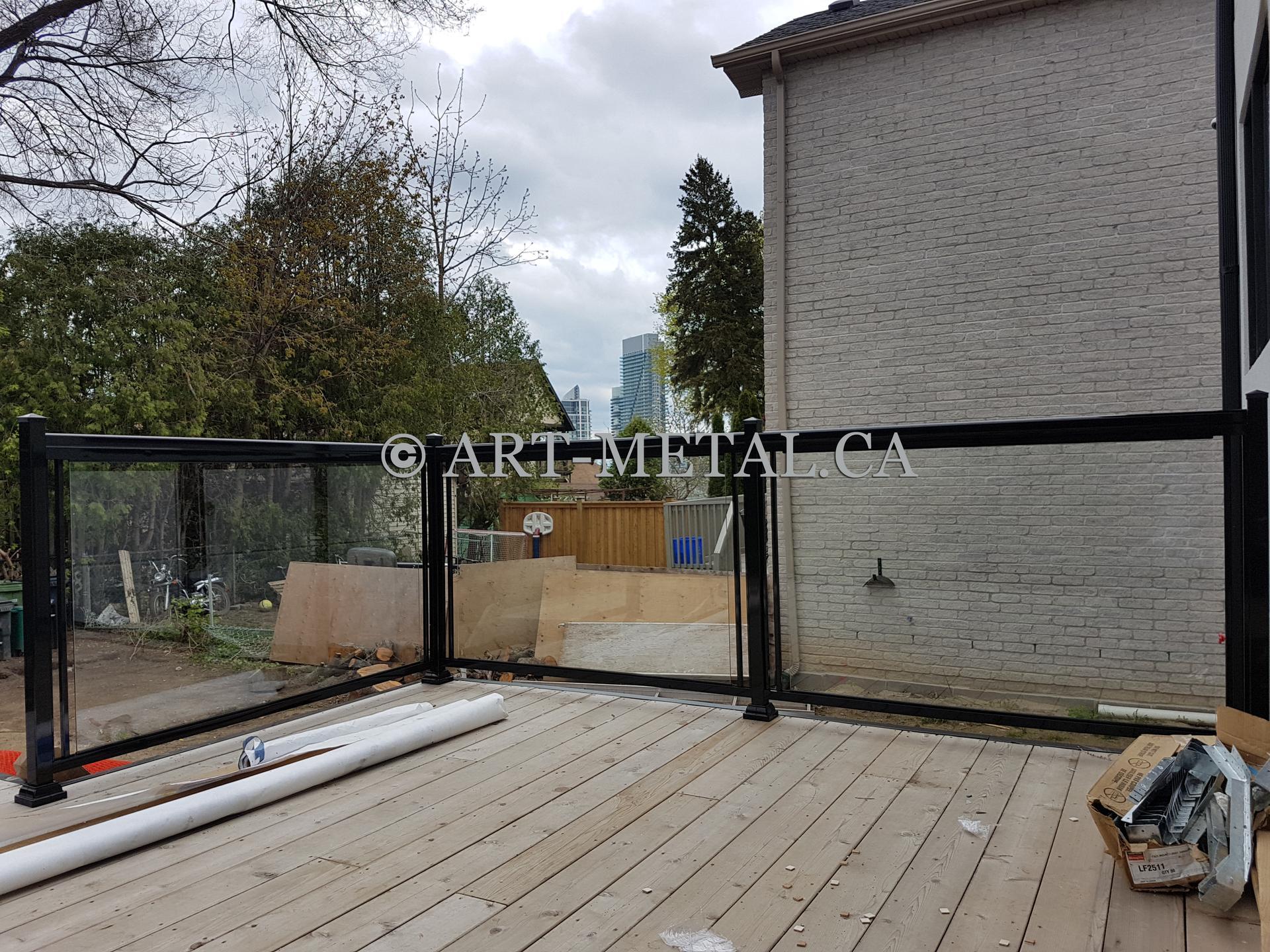

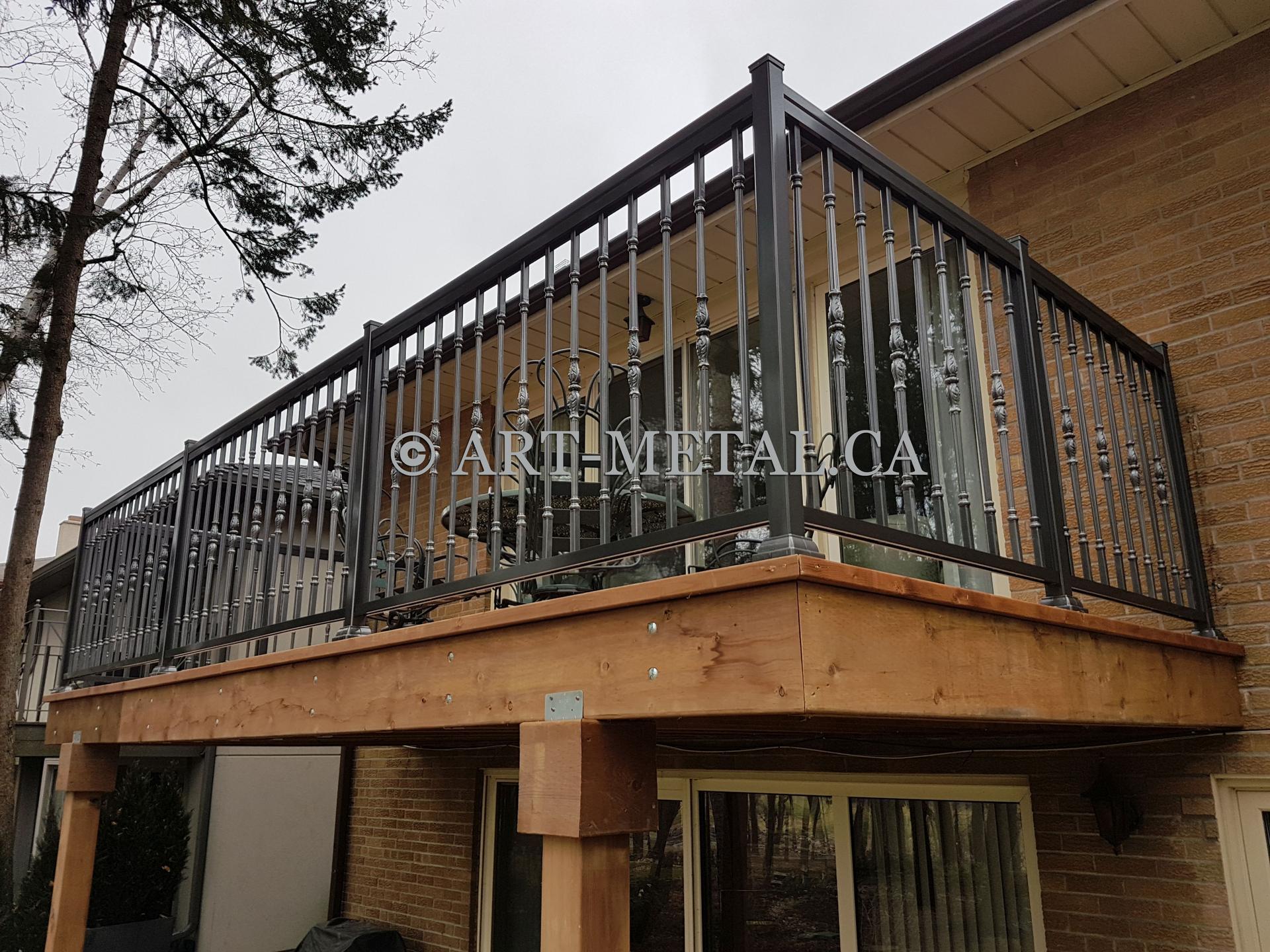
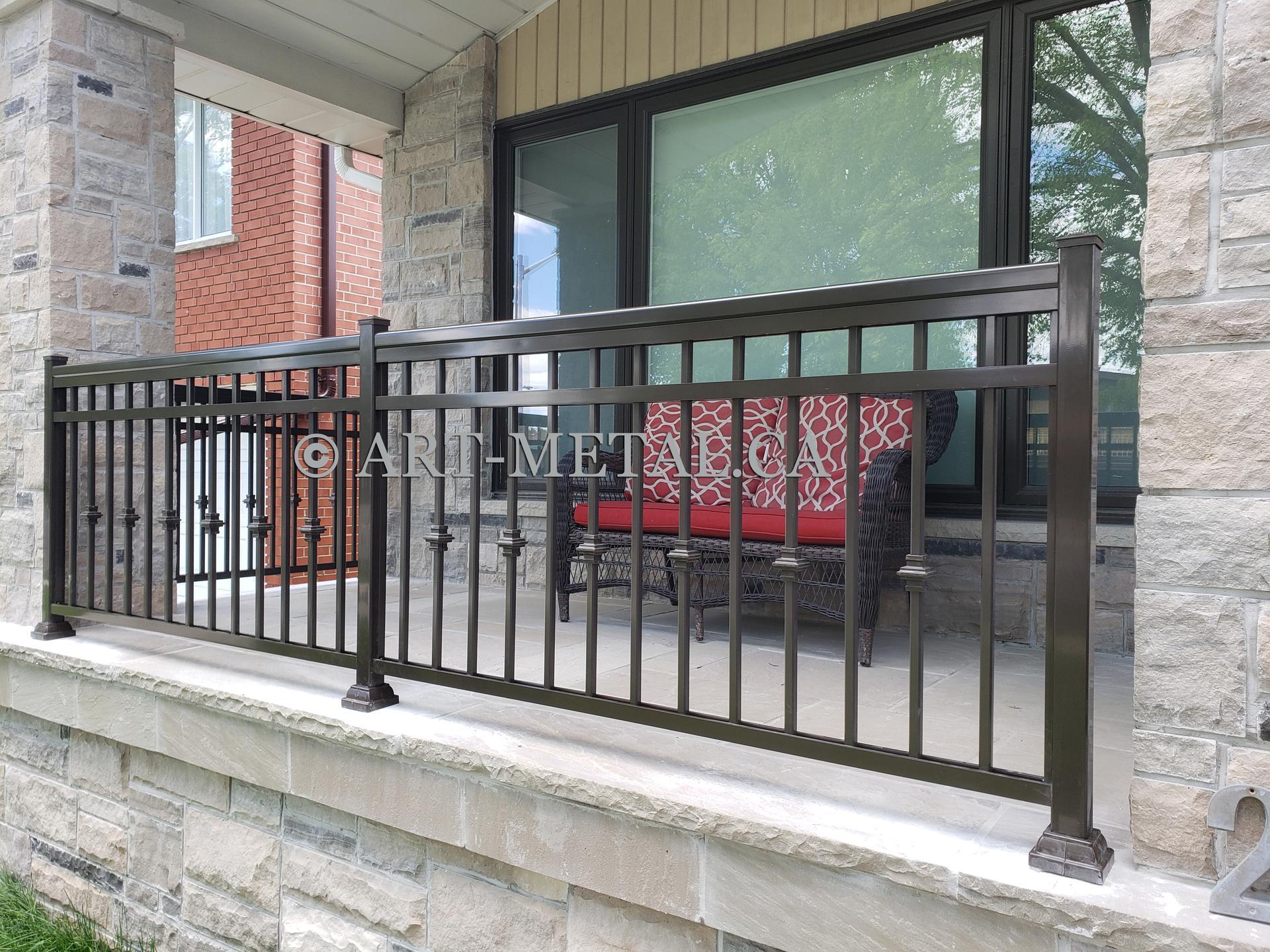
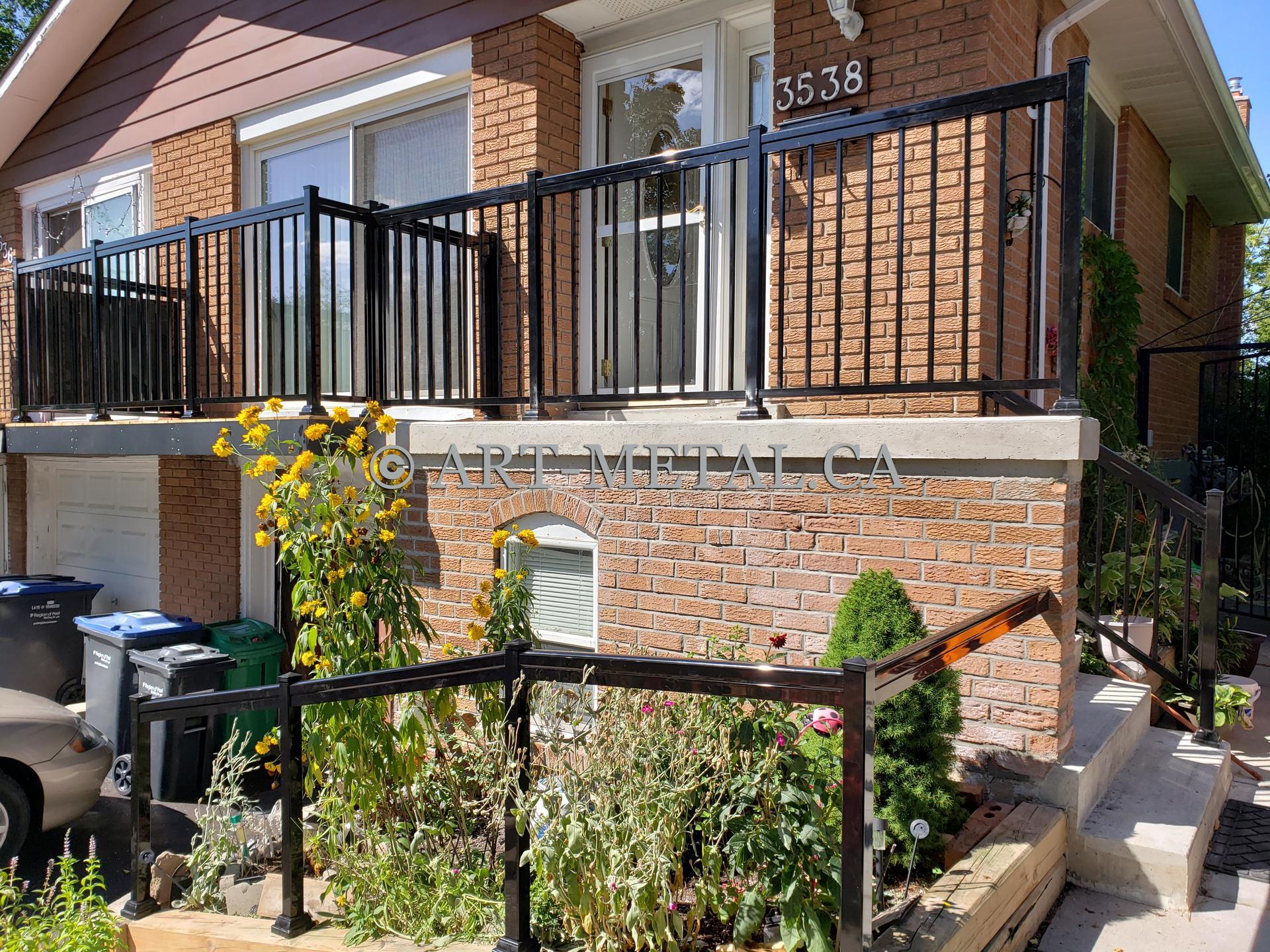
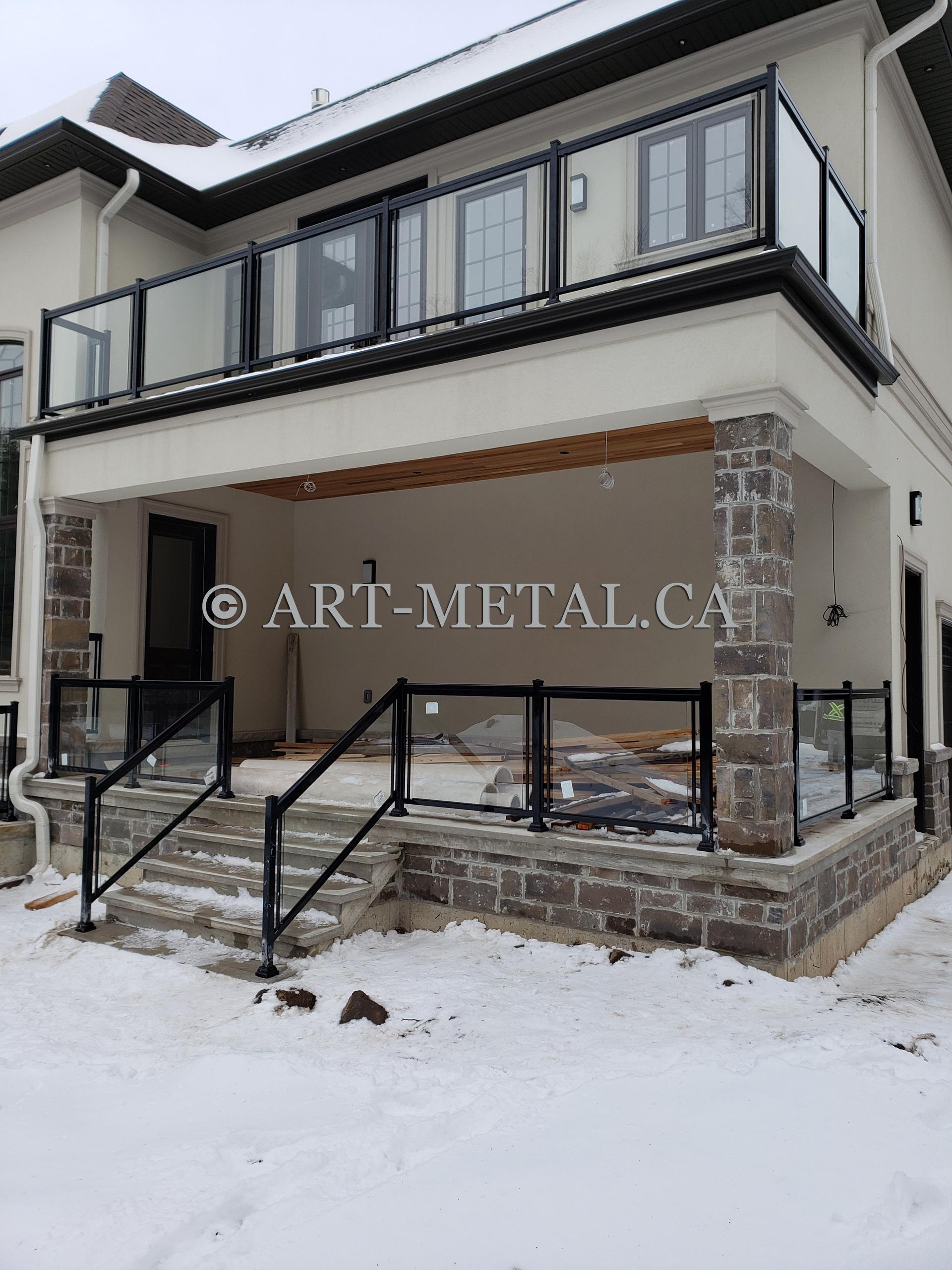
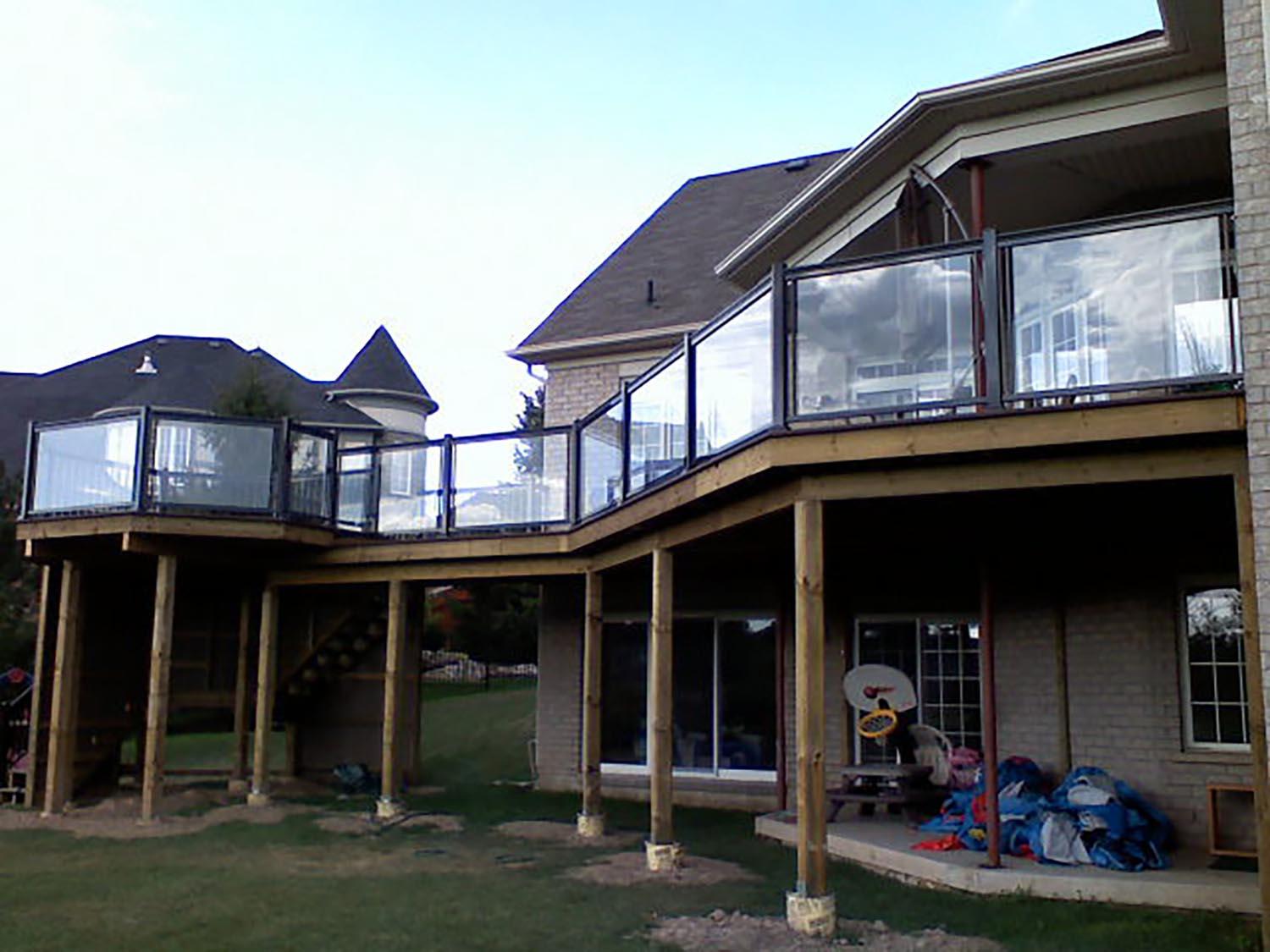
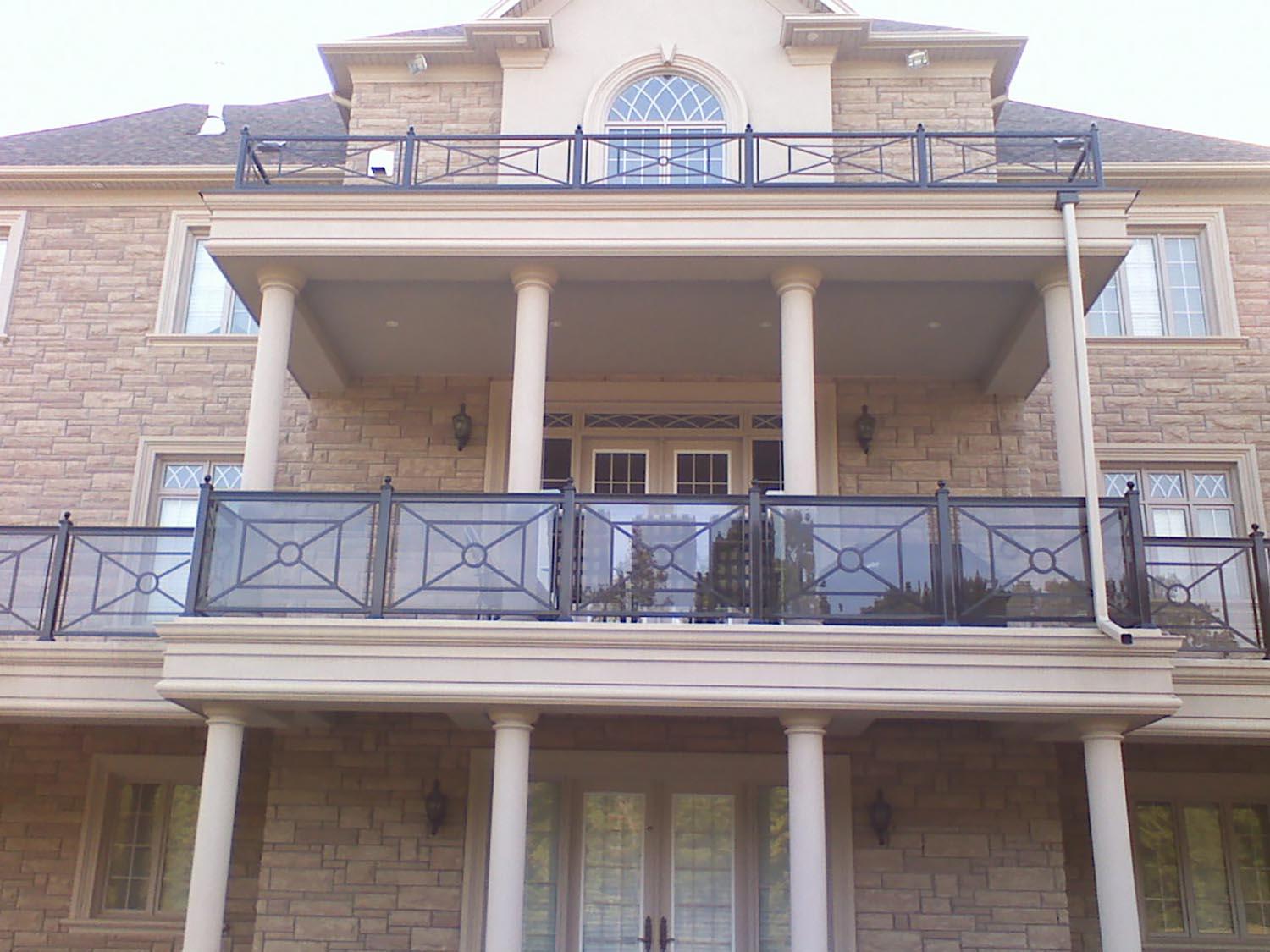
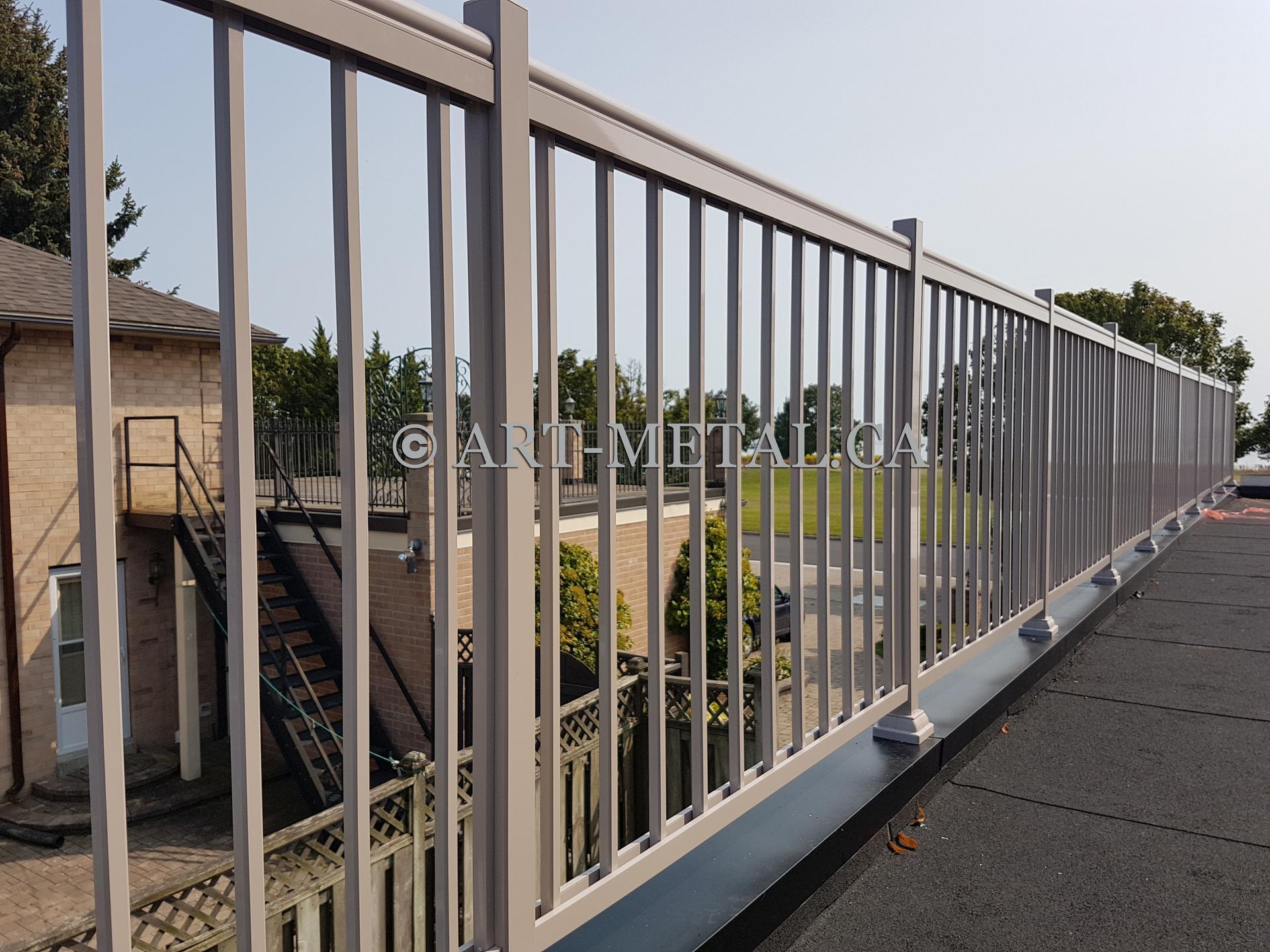




 Chat
Chat 








